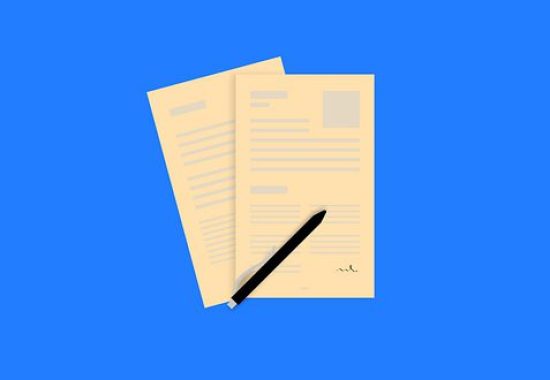
So you’ve done the hard work and completed your degree. Now it’s time to reap the rewards by starting a fantastic graduate job. As many graduates know, this is often easier said than done.
Looking for and securing a graduate role after university certainly isn’t easy. You’ll need to impress the employer with your CV and interview performance while working hard to prove that you’re a great fit for the role and their company.
However, after spending hours perfecting that CV and preparing for interviews, too many graduates don’t spend enough time on their cover letters. While your graduate cover letter may not carry as much weight as your CV, don’t underestimate how much of an impact it can have on the success of your application. If your cover letter does not impress, the employer may not even open your CV so it’s super-important to get it right!
Your cover letter should:
The majority of cover letters these days are sent as emails and therefore the more traditional, business letter structure may look outdated.
When putting together your email, here are some key points to focus on.
Think of a couple of reasons why you are specifically interested in applying to work for that company. Do some research on their website, find out what makes them different/unique and describe why this is appealing to you.
Look closely at the job advert before you write this section of your cover letter. Is there anything in particular about the role responsibilities that interests you?
The final part of your cover letter is your opportunity to sell yourself in a short paragraph. Don’t try to cram all of your skills and experience into this section. Instead, pick 2-3 of your strongest skills that are relevant to the role you are applying for. Then talk about these skills referencing relevant experience and examples.
If you’ve got a holiday booked or some summer travelling planned, you may want to mention it at the end of your cover letter. For example, if you’re applying for a role in April, but can’t start until September the employer needs to know this.
Before emailing your covering letter to the employer, don’t forget to proofread it and check for grammatical errors and spelling mistakes.
We know that many graduates find writing cover letters one of the most difficult parts of the recruitment process. However, you really don’t need to worry about it.
Use our template as a starting point and once you’ve sent off your first few applications, you’ll soon get into the swing of it. If you cover all of the points we have mentioned and check that you don’t let yourself down with any small mistakes, you’ll be sure to hear back from some employers soon!
Follow us on Twitter, LinkedIn and Facebook for business insights, interview tips, advice and career opportunities.